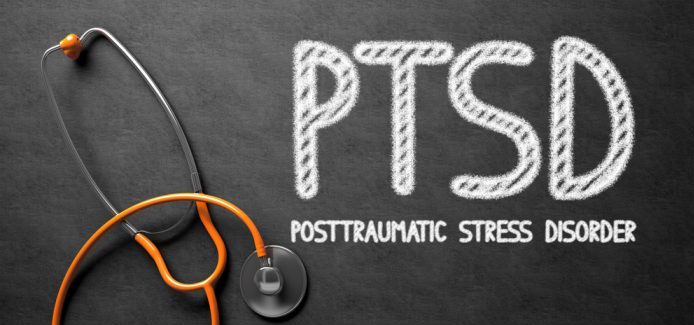Have you been the victim of or a witness to a traumatic event that has caused you to develop Post-traumatic Stress Disorder (PTSD)? Is your PTSD so severe that it affects your ability to work? If so, it is possible that you could qualify for Social Security Disability (SSDI) benefits if you meet certain criteria.
What is PTSD?
According to the American Psychological Association, PTSD is a mental anxiety disorder that develops in some people after they experience or witness a traumatic event such a violent crime, military combat, a severe accident or a natural disaster. The event traumatizes the person so severely that they experience symptoms such as flashbacks or nightmares, extreme fear, avoidance of all things that might remind them of the event, drastic changes in mood, insomnia, or concentration and memory problems.
SSDI for PTSD
The Social Security Administration (SSA) maintains an accepted list of severe medically determinable impairments which gives SSA workers guidelines to use in determining a claimant’s eligibility for SSDI benefits. PTSD is recognized by the SSA in their mental health listing of anxiety disorders. The criteria outlined in the listing is incorporated into the SSA’s 5 step process for awarding SSDI benefits. PTSD claimants are subject to the following process:
- Determine if the claimant is working at or above the Substantial Gainful Activity (SGA) level as defined by the SSA in the year they file. In 2017, the SGA level is $1170 a month from employment.
- Determine if the claimant’s PTSD symptoms significantly limit their ability to perform daily living activities and/or basic work activities such as sitting or standing, reaching, pulling or pushing, lifting or carrying, and simple cognitive reasoning.
- Determine if the claimant’s PTSD meets the criteria outlined in its listing of severe medically determinable impairments. This determination comes from a careful study of the claimant’s medical records which must include thorough documentation of at least one of the following symptoms:
- generalized persistent anxiety accompanied by at least 3 the following symptoms: motor tension, autonomic hyperactivity, apprehensive expectation, or vigilance and scanning behavior
- irrational fear in connection with a particular place, activity, object or situation that persistently compels the avoidance of the stimuli.
- severe panic attacks brought on by the sudden onset of extreme apprehension, terror, fear, and paranoia. Panic attacks must affect the claimant at least once a week
- extreme distress caused by recurring compulsions or obsessions
- intrusive memory recall of the traumatic experience
The claimant’s medical records must also show that their PTSD causes them to experience “marked” limitations in at least 2 of the following aspects: daily living, social functioning, maintaining concentration, pace or persistence, or experiencing recurring episodes of decompensation; or they have to prove that their PTSD makes them completely unable to function outside their home.
- Determine if the claimant is still able to do work they may have done in the past despite their problems with PTSD.
- Determine if the claimant is able to do other types of work based on their age, education, prior work experience, and/or mental and physical capabilities.
Getting Help with Your Claim
PTSD is a complicated disorder and affects individuals differently. It can be difficult to diagnose and treat. These things make getting approval for SSDI more difficult. Approval is dependent upon presenting the best evidence that shows the severe impact PTSD has on your life and on your ability to work. An experienced SSDI attorney knows the documentation you will need to prove your claim and will work with you to gather it. The chances of benefit approval greatly increase with the help of an experienced attorney. If you have PTSD and need assistance getting SSDI benefits, contact us today and let us see if we can help you get what you need.

